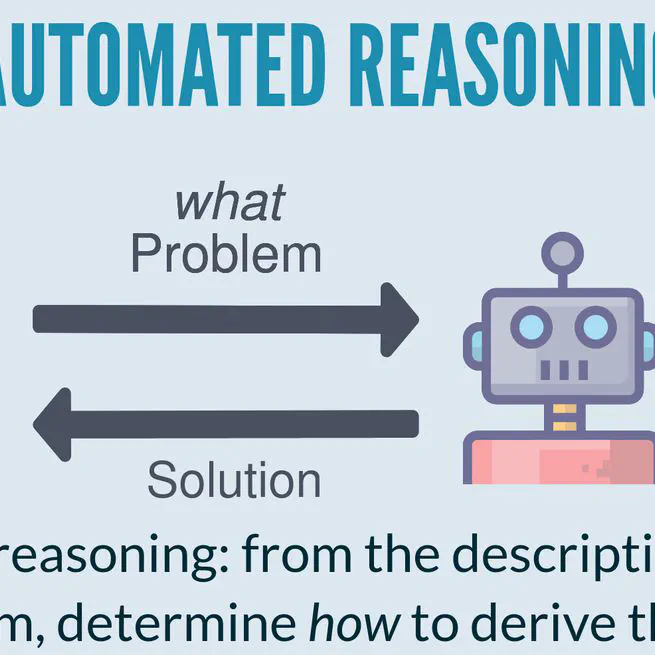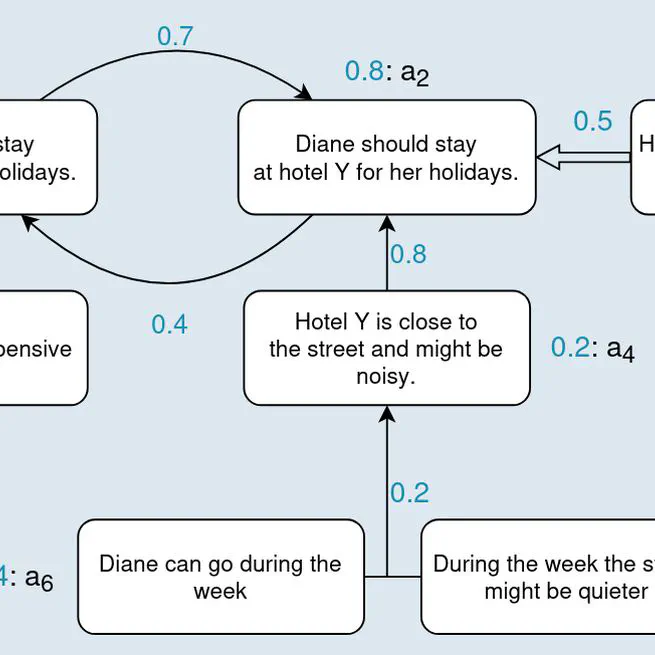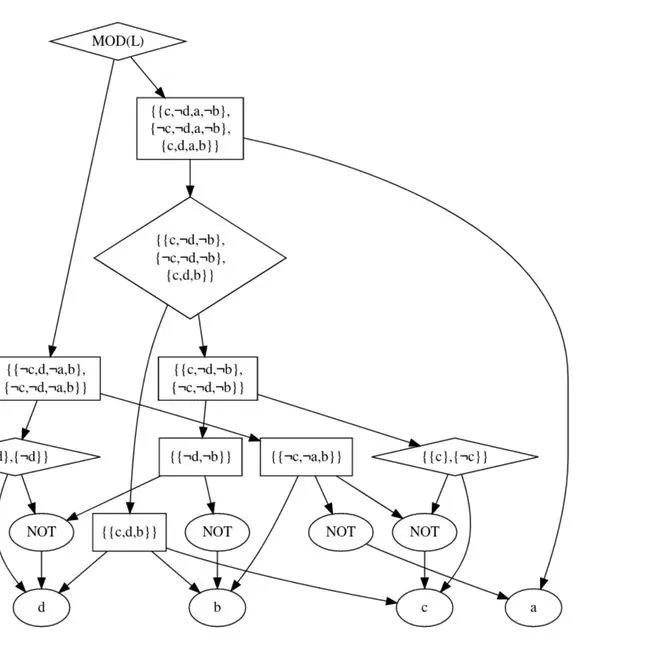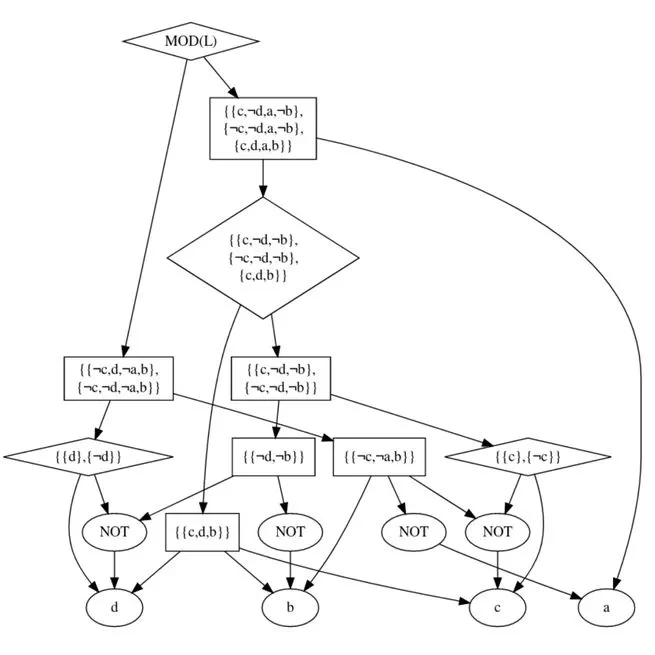
The slides for my PhD public defence.
Mar 8, 2023
We show that ProbLog is an instance of a form of Probabilistic Abstract Argumentation (PAA) that builds upon Assumption-Based Argumentation (ABA). The connections pave the way towards equipping ProbLog with alternative semantics, inherited from PAA and ABA.
Jan 1, 2023

A talk for the XAI seminars by the CLArg Group (Imperial College)
Dec 8, 2022

A presentation on my research about Probabilistic Logic Programming and Argumentation
Feb 21, 2022
We introduce second level algebraic model counting (2AMC) problems, a framework generalizing several probabilistic inference task. We present a novel Knowledge Compilation technique to address the increased complexity of a 2AMC task with respect to first-level AMC problems.
Jan 1, 2022

We model beliefs in argumentation problems with probabilistic logic programs and show that traditional probabilistic logic programming (PLP) systems cannot reason on this type of programs. We thus present smProblog, a novel PLP system based on ProbLog, where inference and learning over such probabilistic argumentation problems are possible.
Jan 1, 2021
We analyze different neural models to solve probability math word problems in two ways. First, to predict directly the answer in an end-to-end fashion. Second, to map the text to a formal representation used by a probabilistic programming system to compute the answer.
Jan 1, 2021